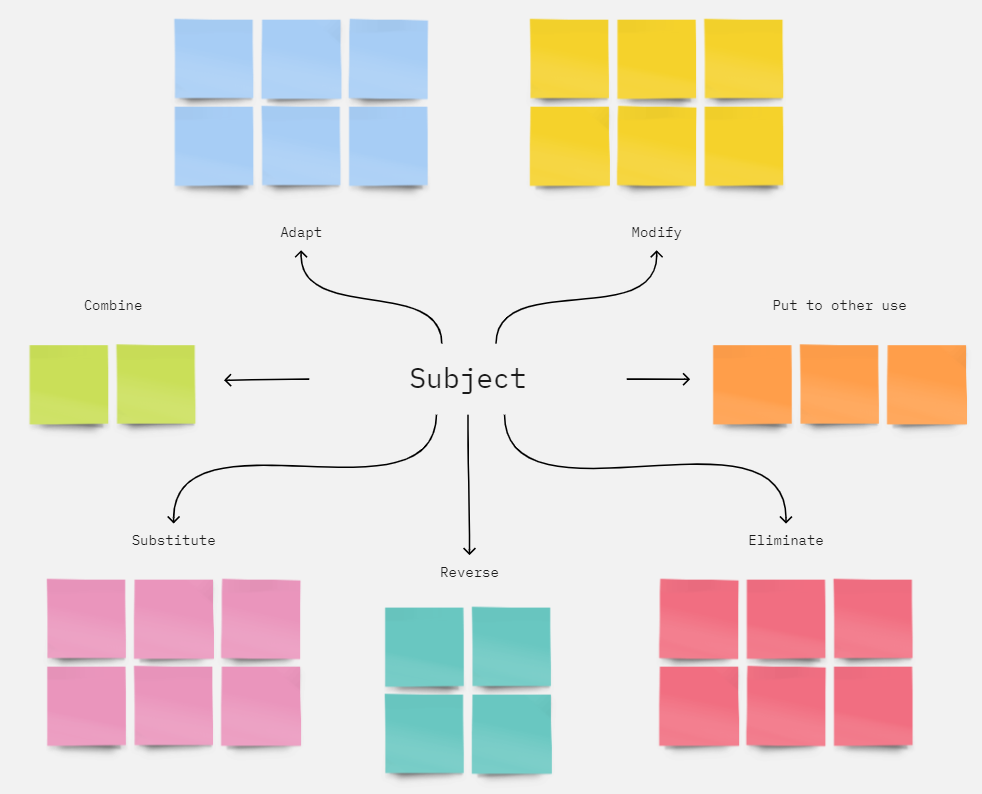
Find out more

Read the article

Find out more

Read the article

Find out more
However, when you feel that negativity is beginning to dominate and may be hindering you from completing the entire task, it is worth taking some time to analyse the situation. If you want to be constructive, you should observe rather than criticise. Judgement and remorse lead to feelings of guilt, which in turn can be one of the main drivers of procrastination, the postponement of writing a paper until an indefinite 'later'.
The most common are technical barriers, i.e. all external obstacles that prevent us from starting/continuing our work. They may include the absence of a well-defined topic, reference literature, materials or contact with the supervisor, among others. It is clear that such a large undertaking as a Bachelor’s/Master’s thesis requires a lot of preparation. It is impossible to collect materials and write it in one evening. To begin with, one should assume that each element of the thesis is important, and it is necessary to consciously determine how to execute it and assign specific time and space for it. The stages of writing a thesis may seem obvious and many students feel they have them ‘in their head’. However, the mind is not a file cabinet, and having to remember and monitor the status of each element is so tiring and involving that you may not have the energy for creative activity. Therefore, it is worth listing all the stages you will have to go through during the writing process.

Each of them should include as many details as possible. For example, if a ‘choice of topic’ is a separate stage, the subtasks may be: a review of professional articles, an interview with the supervisor and a visit to the archives containing papers from recent years. You can use a cork board and sticky notes or a task management application such as Trello or Todoist. It is important that a specific due date is defined for each task and that, as you progress, you can move it on the board to the next column.
Another type of difficulty is a writer’s block - it occurs when you have too few or too many ideas, you do not know where to start or you lack experience in writing. To deal with this type of difficulty you may practice creativity stimulation exercises, such as looking for inspiration in the environment, among other people and artists, changing the context. The blank page syndrome is most often identified with the following situation: you have enough materials and a plan, you sit down to writing and... you cannot form a sentence. The white void of a new Word file can be intimidating and frustrating. In this situation, you should change whatever is possible, for example.:

Psychological blocks are the most deeply ingrained and detecting them requires certain honesty with oneself. At the same time, they are the most difficult to overcome because often simple creativity stimulation techniques are insufficient. In this situation, it is worth looking into the internal narrative you use when putting off writing a paper, and how you can transform your excuses into supportive thoughts. The table below presents some examples that can help you in this work:
| Thoughts (excuses) leading to procrastination | Possible causes | What can help |
|---|---|---|
| ‘Until I have all the materials, I cannot start’; ‘My work must be perfect’. | Perfectionism, excessive need of control | Stick to the plan. It’s better to complete tasks anyhow than not at all. Remember that the first version can always be improved. |
| ‘I can’t do it, it’s beyond me, I’m not made for it’; ‘It won’t work, everyone will laugh at me’. | Fear of being judged, lowered self-esteem | Focus on resources. Write down your strengths, recall your successes (e.g. successful exams). Ask for support from trusted people. |
| ‘I don’t have the strength for it today, I’ll deal with it some other time’ | Tiredness, imbalance between work and rest | Do the agreed minimum. Revise the plan in terms of basic needs (sleep, movement, diet) |
| ‘I still have time, I’ll watch something/browse through FB first’, ‘Life is too short to waste time writing a paper’ | Pursuing entertainment and fun, multitasking, addiction to social media, etc. | Remind yourself of the mission and purpose (I am writing an undergraduate/Master’s thesis because it is important for me to graduate). Schedule entertainment after the writing/work stage. Eliminate stimuli from the environment (e.g. turn off your smartphone). |
| ‘It’s all too much, I don’t know how to go about it or where to start’ | Lack of a good plan or awareness of the first steps | Define the specific tasks and subtasks to be performed. Embed them in a place and time. |
Urszula Szczocarz - psychologist, trainer, educational and career counsellor. Her interests involve modern education, creative learning techniques and coaching tools for group work.
I like
people liked this article